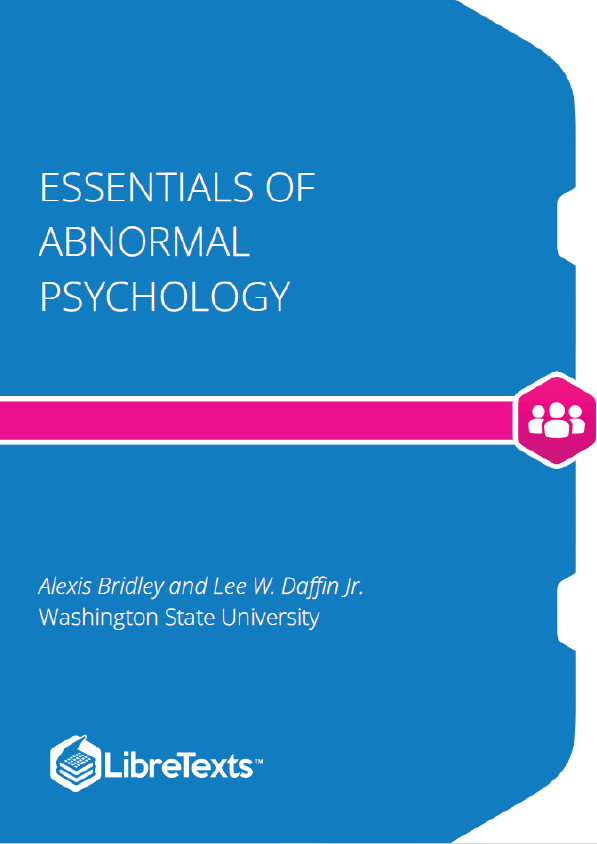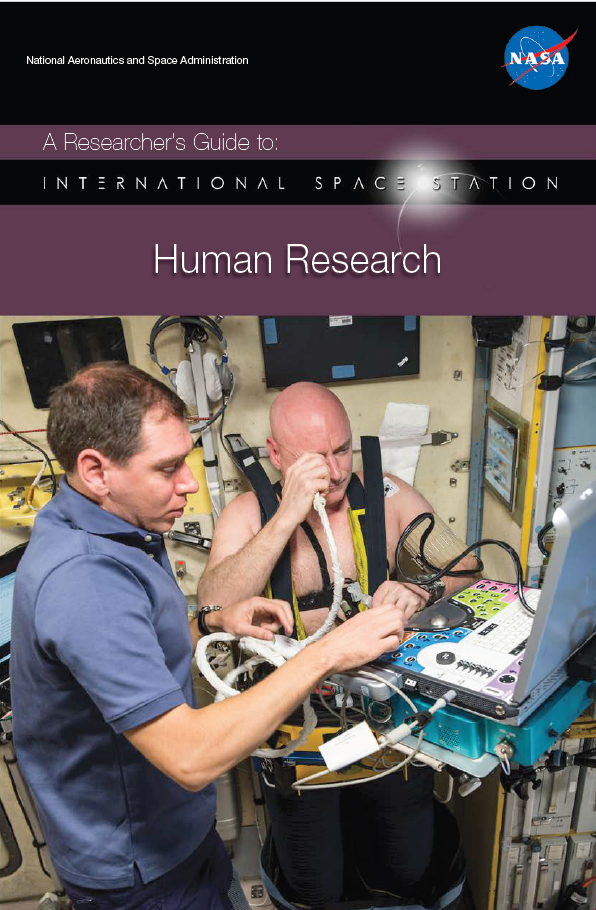This text tackles the difficult topic of psychological disorders in 8 chapters. After the first three foundational chapters, a discussion of psychological disorders ensues to include anxiety disorders, obsessive-compulsive and related disorders, mood disorders, schizophrenia spectrum and other psychotic disorders, and personality disorders.
Definition of Abnormal Psychology and Psychopathology
The term abnormal psychology refers to the scientific study of people who are atypical or unusual, with the intent to be able to reliably predict, explain, diagnose, identify the causes of, and treat maladaptive behavior. A more sensitive and less stigmatizing term that is used to refer to the scientific study of psychological disorders is psychopathology. These definitions beg the questions of, what is considered abnormal and what is a psychological or mental disorder?
Defining Psychological Disorders
It may be surprising to you, but the concept of mental or psychological disorders has proven very difficult to define and even the American Psychiatric Association (APA, 2013), in its publication, the Diagnostic and Statistical Manual of Mental Disorders, 5th edition (DSM-5 for short), states that though “no definition can capture all aspects of all disorders in the range contained in the DSM-5” certain aspects are required. While the concept of mental or psychological disorders is difficult to define, and no definition will ever be perfect, it is recognized as an extremely important concept and therefore psychological disorders (aka mental disorders) have been defined as a psychological dysfunction which causes distress or impaired functioning and deviates from typical or expected behavior according to societal or cultural standards. This definition includes three components (3 Ds). Let’s break these down now:
Dysfunction – includes “clinically significant disturbance in an individual’s cognition, emotion regulation, or behavior that reflects a dysfunction in the psychological, biological, or developmental processes underlying mental functioning” (pg. 20). In other words, dysfunction refers to a breakdown in cognition, emotion, and/orbehavior. For instance, an individual experiencing delusions that he is an omnipotent deity would have a breakdown in cognition because his thought processes are not consistent with reality. An individual who is unable to experience pleasure would have a breakdown in emotion. Finally, an individual who is unable to leave her home and attend work due to fear of having a panic attack would be exhibiting a breakdown in behavior. Abnormal behavior has the capacity to make our well-being difficult to obtain and can be assessed by looking at an individual’s current performance and comparing it to what is expected in general or how the person has performed in the past.










